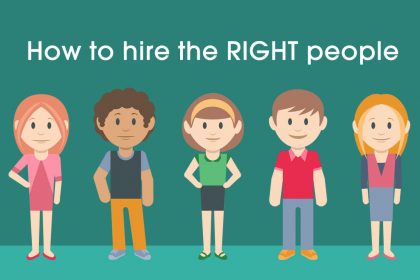Learn about employees and their rights
When you start a business, you may reach the point where you need to hire an employee. Find out when someone who works for you is classed as an ‘employee’ and what rights they have.
What is an employee?
An employee is someone who works for you under an employment contract.
What employment rights does an employee have?
An employee has more employment rights and responsibilities than workers. These include:
- Statutory Sick Pay.
- Maternity, paternity and adoption leave and pay.
- A minimum notice period.
- Protection against unfair dismissal.
- The right to ask for flexible working.
- Time off for emergencies.
- Statutory Redundancy Pay.
- Plus all the rights of a worker.
When is someone who works for you classed as an ‘employee’?
If most of the following statements apply, a worker is classed as an employee:
- They need to work regularly unless they’re on leave.
- They need to work a minimum number of hours and expect to be paid for the time they work.
- Their workload is overseen by a manager or supervisor.
- They can’t send someone else to do their work.
- You take tax and National Insurance from their wages.
- They get paid holiday.
- They are entitled to contractual or Statutory Sick, Maternity, or Paternity Pay.
- They can join your company pension scheme.
- Your disciplinary and grievance procedures apply to them.
- They work at your company premises or at an address specified by you.
- Their contract states redundancy procedures.
- You provide the tools they need to work.
- They only work for you (if they do have another job, it’s completely different from their work for you).
- Their contract, statement of terms and conditions or offer letter uses words like ‘employer’ and ‘employee’.










